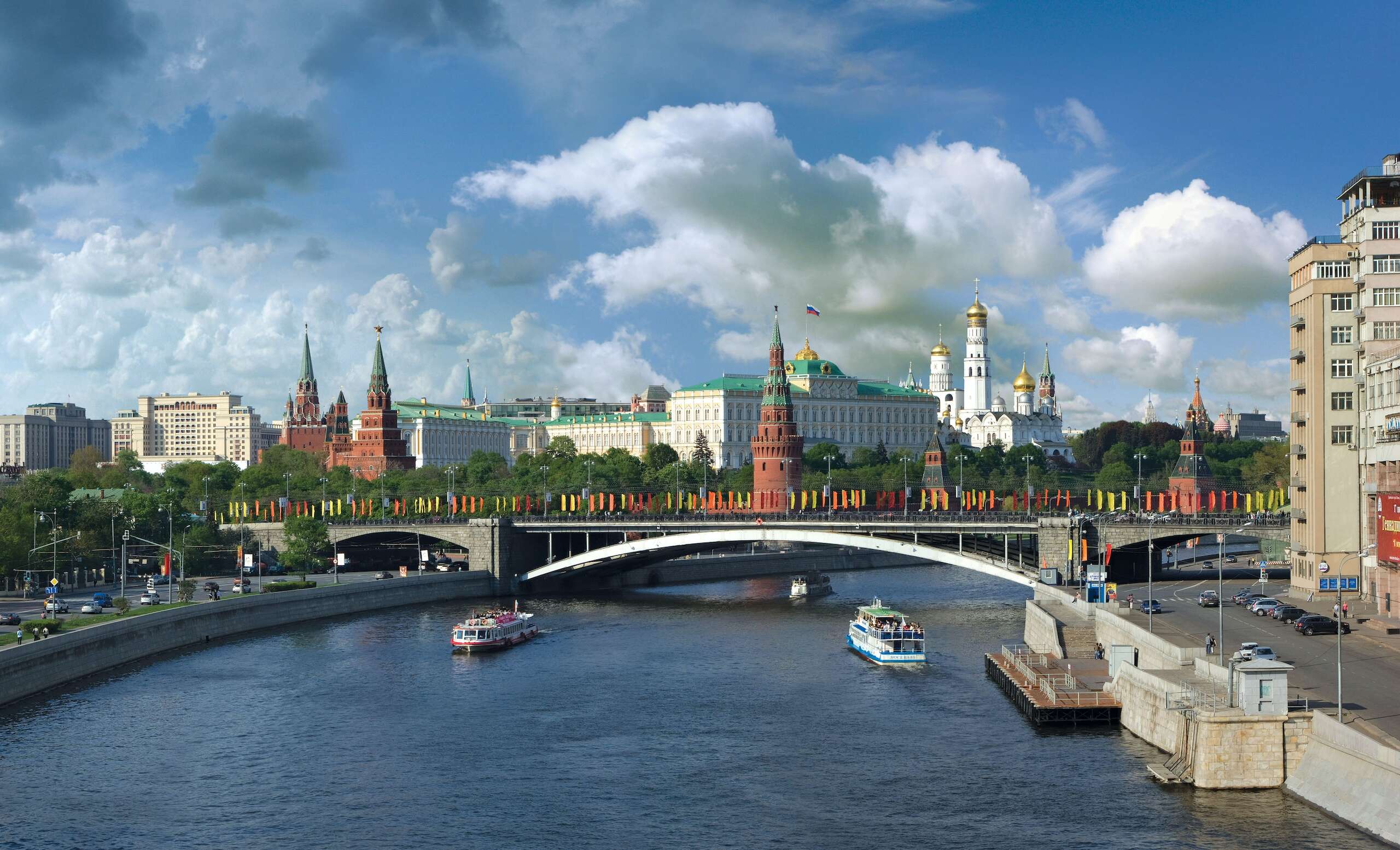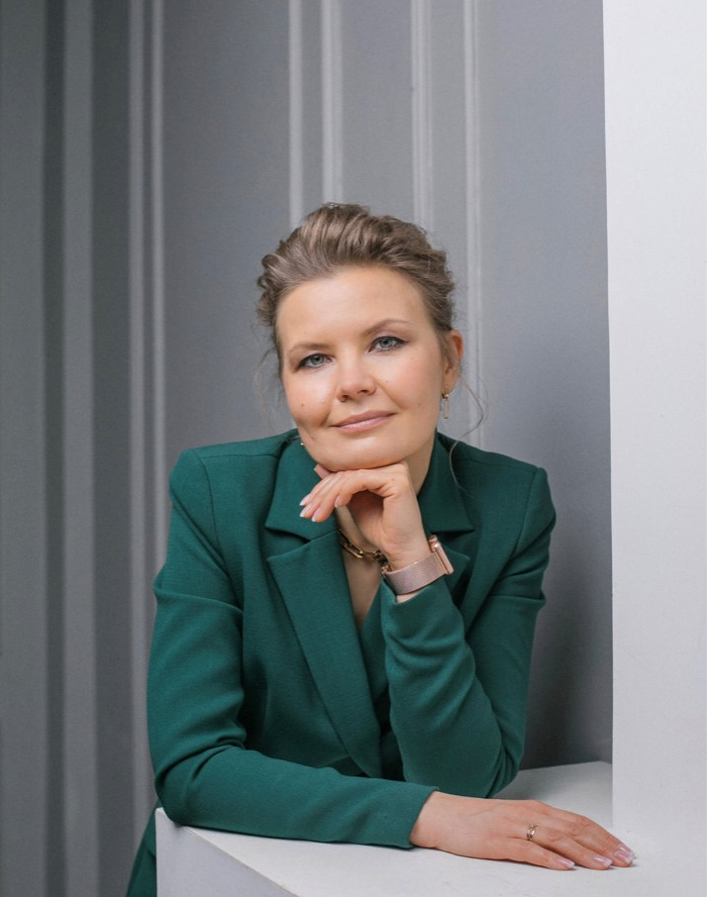
Foto: Unsplash/alexrubi
European Union’s Strategic Sovereignty: What Russia Makes of it, Based on its Historical Experience
In the discussions within the EU about its strategic sovereignty, Russia is a frequent point of reference. Russia on the other hand disregards the EU’s strive for strategic sovereignty due to a completely different Russian understanding of sovereignty rooted in in the 16th century.
By Tatiana Romanova, St. Petersburg State University
Russia is frequently a point of reference in today’s discussions of the EU’s strategic sovereignty. Moreover, for Russia itself sovereignty is the supreme value, as clearly expressed in its numerous strategic documents and in President Putin’s speeches. Yet Russia has hardly taken notice of the concept of the EU’s strategic sovereignty, introduced by President Macron in 2017 [1] and further developed at both the EU’s [2]and Member States’ level [3]There are at least three historical reasons, that define such attitude displayed by Russia.
What is sovereignty?
Firstly, Russian understanding of sovereignty is rooted in the initial 16th century concept of a sovereign: this is one ruler who represents the ultimate authority and decides on everything in the space that (s)he controls. The ideal cherished by proKremlin foreign policy experts is that of the Congress of Vienna where sovereigns, i. e. monarchs, decide on territories and borders; each sovereign with an equal status to others and ultimate say. Moscow does recur to the notion of people’s sovereignty [4] (5 March 2021) but that seems tactical, which is to lay the basis for exercising a rulerbased sovereignty.
The EU’s strategic sovereignty is certainly not about people’s sovereignty (in contrast to that of Member States’). Nor it is about the sovereign right. Rather it reflects the EU’s new round of soulsearching where Moscow sees a profound ambiguity. Discussions are about unity and technological independence; about the EU shielding itself from external influence and at the same time exporting its values and norms. These discussions do not have the frosty clarity that Russian leadership is looking for and that would enable Moscowstyle cooperation with the EU.
Sovereignty based on hard military power
Secondly, President Macron linked the EU’s strategic sovereignty debates to security and defence integration, to bolstering the EU’s capacities to be a fullyfledged actor. Russia’s understanding of sovereignty has also always been about hard military power. It is for this reason that Russia paid a lot of attention to the EU’s 1990s attempts to shape the European Security and Defence Policy with interests.
Russia’s idea was to create something similar to the 19th century balance of power but at a global scale with the US, EU, Russia, China, India balancing each other. Yet Russia soon became disappointed with the military impotence of the EU. The EU then shaped a Common Security and Defence Policy, it experimented with communitarisation of EU defence spending and Permanent Structured Cooperation. None of these steps has so far enhanced the EU’s military significance. Most EU members still rely on the US/NATO security guarantees. There is nothing to suggest that the EU’s discussions about strategic sovereignty would change that course.
Rather EU institutions have used the concept of strategic sovereignty to bolster discussions on civilian matters that have already been on the agenda, such as technological autonomy, cyber security, or green energy. Those are important issues but they have nothing to do with military security and defence that Russia has always been obsessed about. Moreover, they downgrade the notion of strategic sovereignty to the EU’s tactical rather than strategic use.
Today’s situation in Ukraine makes the EU bolster its security and defence capabilities but paradoxically those activities are not rhetorically linked to the notion of the EU’s strategic sovereignty. Thus, the US have remained Russia’s key security interlocutor, which is well reflected in today’s confrontation around Ukraine; no discussion on the EU’s strategic sovereignty has changed this course.
EU’s Normative Power and Russia’s Challenge
Thirdly, discussions about the EU’s strategic sovereignty have been driven by values and norms. On the one hand, they are about standardsetting, especially for new areas such as artificial intelligence or cyberspace. On the other hand, they involve the EU’s ability to promote its values beyond its borders. There is nothing new in it for Russia; both components have been present in the EURussian Partnership and Cooperation Agreement and in the practice of EURussian relations. Russia has even achieved some significant results in the approximation of its technical standards to those of the EU. Yet, it has also gradually increased its challenge of the EU’s normative power, of its predisposition to talk to Moscow in a patronising and thus an unequal footing.
Russia’s challenge culminated in Russia’s severe criticism of the rulesbased order that the EU promotes. When two subsequent Commission Presidents (JeanClaude Juncker and Ursula von der Leyen) as well as other officials linked the EU’s strategic sovereignty to values, they certainly integrated the new notion better into the EU’s discourse. At the same time, to Russian leadership it sounded like more of the same irritating message. Yet, equality is of paramount importance to Moscow’s foreign policy thinking of today. Hence, the linkage between sovereignty and values in the EU’s discourse naturally led official Russia to ignore this category.
Disregarding the EU’s strategic sovereignty
In sum, three kinds of historical experience led to Russia disregarding the EU’s sovereignty. The first one is Russia’s understanding of sovereignty, which is rooted in the 16th century and praises the practices of the 19th century in particular. The second one is the disillusionment with the EU’s ability to become a substantial actor in military security and defence, capable of contributing to Russia’s hopes of setting up a global balance of power in the style of the 19th century.
The third and final experience is the linkage of the EU’s strategic sovereignty to values and norms that bears the legacy of EURussia relationship from 1990s until the present, which Russia is challenging openly.

About Tatiana Romanova
Tatiana Romanova is Associate Professor at St. Petersburg State University and at Higher School of Economics. She holds the Jean Monnet Chair since 2011 and has been the Head of the Jean Monnet Centre of Execellence from 2015. Research interests: EU -Russian economic and political relations, energy markets and security, Green Deal, normative competition, resilience, sovereignty, legal approximation, sanctions, Russian foreign policy, EU institutions and decision-making.
Download
E-Paper Europäische Sicherheit: Welche Rolle spielt die Geschichte?
Fußnoten
- 1. Macron, E. Discours du Président de la République, à la Pnyx, Athens, 7 September 2017. URL: https://www.elysee.fr/front/ pdf/elysee-module-786-fr.pdf (15 June 2021); Macron, E. Initiative for Europe: A sovereign, united, democratic Europe. 26 September 2017. URL: https://www.diplomatie.gouv.fr/en/ french-foreign-policy/europe/president-macron-s-initiative-for- europe-a-sovereign-united-democratic-europe/ (15 June 2021)
- 2. For example, Breton, T. Europe: The Keys to Sovereignty. 11 September 2020. URL: https://ec.europa.eu/commission/ commissioners/2019-2024/breton/announcements/europe-keys-sovereignty_en (15 June 2021); Draghi, M. Speech on the award of Laurea honoris causa in law from Università degli Studi di Bologna. Bologna, 22 February 2019. URL: https://www.ecb.europa.eu//press/key/date/2019/html/ecb. sp190222~fc5501c1b1.en.html (15 June 2021); Juncker, J.-C. State of the Union 2018. The Hour of European Sovereignty. Brussels, 2018. URL: https://ec.europa.eu/info/sites/default/ files/soteu2018-speech_en_0.pdf (15 June 2021); Vestager, M. Digital sovereignty in the age of pandemics. Brussels, 2020, 24 April. URL: https://cerre.eu/events/digital-sovereignty-covid19- Vestager/ (15 June 2021); Von der Leyen, U. Shaping Europe’s digital future: op-ed. Brussels, 19 February 2020. URL: https:// ec.europa.eu/commission/presscorner/detail/en/AC_20_260 (15 June 2021)
- 3. For example, Merkel, A. Germans kick off their EU presidency with big plans for research and education. 9 July 2020. URL: https://sciencebusiness.net/news/germans-kick-their-eu-presi- dency-big-plans-research-and-education (дата обращения: 15 June 2021); Merkel, A. Speech by Federal Chancellor Dr Angela Merkel opening the 14th Annual Meeting of the Internet Governance Forum in Berlin. 26 November 2019. URL: https:// www.bundesregierung.de/breg-en/news/speech-by-federal- chancellor-dr-angela-merkel-opening-the-14th -annual- meeting-of-the-internet-governance-forum-in-berlin-on-26- november-2019-1701494 (15 June 2021); Carl Bildt: Trump’s JCPOA exit an “assault on Europe’s sovereignty” // Tehran Times. 14 May 2018. URL: https://www.tehrantimes.com/ news/423537/Carl-Bildt-Trump-s-JCPOA-exit-an-assault-on- Europe-s-sovereignty (15 June 2021)
- 4. Обращение Президента Российской Федерации. Moscow, 21 February 2022. URL: http://kremlin.ru/events/president/ news/67828